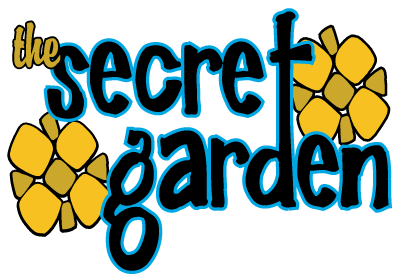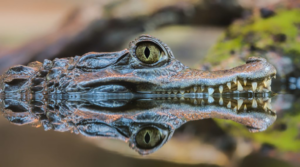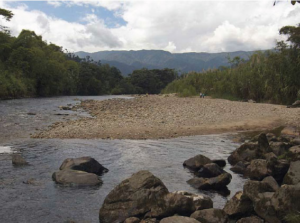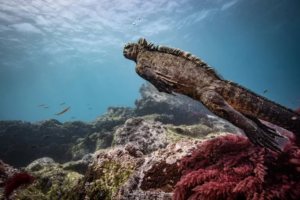Ecuador: A Tapestry of Diversity
Did you know that Ecuador boasts an astounding 14 nationalities and 18 indigenous peoples, all descendants of the original groups that have inhabited this breathtaking country? For thousands of years, the presence of these indigenous communities has indelibly shaped Ecuador’s unique pluricultural and multiethnic character, contributing to its rich tapestry of diversity.
A Historical Mosaic
The historical reality of the American continent reveals an irrefutable truth – it was once home to a myriad of peoples, spanning from the Arctic pole in the north to the lands of fire in the south, as well as the depths of the Amazon jungles. These diverse peoples nurtured rich cultures and civilisations, each with its own level of sophistication. Among them, the Aztecs, Mayans, and Incas stand out as renowned civilisations, widely recognised and celebrated worldwide. With distinctive languages and diverse socio-political structures, these indigenous groups flourished.
Thriving Through Trade and Barter
Economic production among these indigenous peoples revolved around internal subsistence and trade through a sophisticated barter system. Agriculture, livestock, hunting, fishing, and gathering formed the backbone of their economic activities. Each group developed unique techniques and practices suited to their environment. Interactions between different peoples fostered the exchange of goods, allowing for the growth and development of their respective communities.
Navigating Conflicts and Struggles
Like any other society, indigenous peoples experienced conflicts and wars, both within and between their respective groups. These challenges, common to all peoples of the world, shaped their social and political organisations. Despite these conflicts, their ability to coexist and negotiate demonstrates their resilience and adaptability throughout history.
Preserving Distinct Cultures and Relationships
Indigenous peoples uphold exceptional cultural legacies and embody distinct approaches to interpersonal relationships and the natural world. Their social, cultural, economic, and political characteristics distinguish them from dominant societies. The depth of their cultural heritage, however, does not exempt them from facing common challenges related to the protection of their rights as distinct peoples.
A Quest for Recognition and Rights
Indigenous peoples across the globe have long sought recognition of their identities, ways of life, and their inherent right to traditional lands, territories, and natural resources. Unfortunately, throughout history, their rights have been repeatedly violated and disregarded. Today, indigenous peoples stand as one of the most disadvantaged and vulnerable groups worldwide. Recognising the urgency of the situation, the international community acknowledges the need for special measures to safeguard the rights of these individuals.
Conclusion
Ecuador stands as a testament to the vibrant diversity and cultural heritage of its indigenous peoples. The Kichwa form the largest indigenous community in Ecuador, with some of the other well-known indigenous groups being the Shuar, the Tsáchila, the Otavalo, and the Saraguro. Their resilience and enduring traditions have contributed immeasurably to the nation’s rich history. By protecting the rights and promoting the wellbeing of these distinct communities, Ecuador and the world at large can celebrate and learn from their ancient wisdom, ensuring a brighter and more inclusive future for all.





